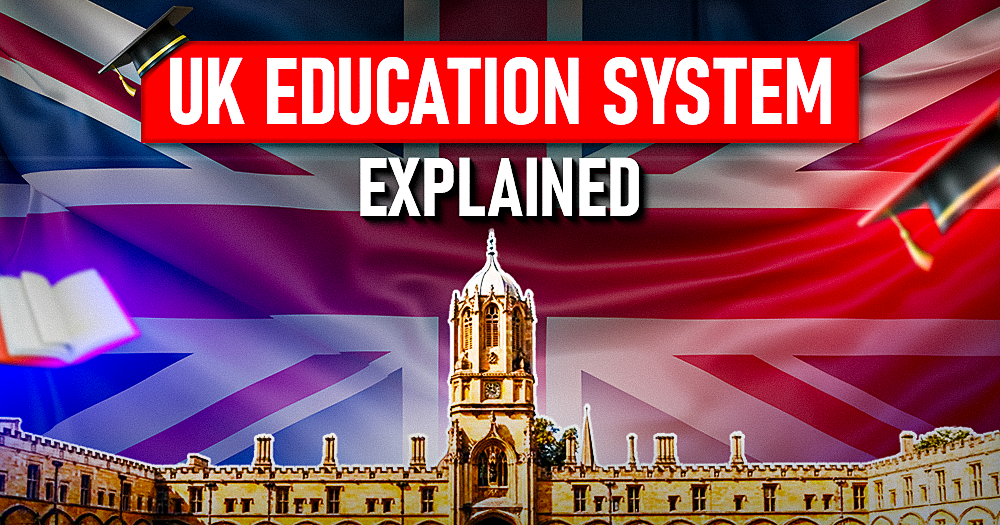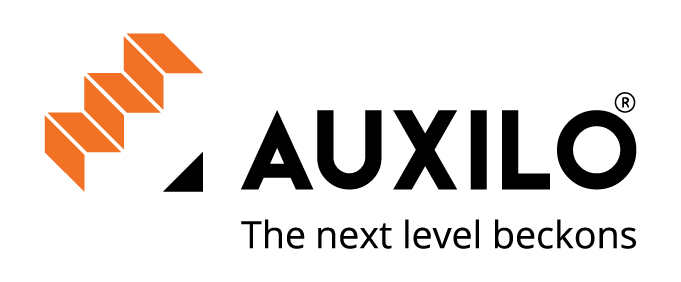UK Education System: Understanding the Structure and Academic Standards
The education system in the UK is renowned worldwide for its excellence and attracts numerous international students each year to study in the UK. Have you ever wondered what makes it so appealing and effective? How is it structured? And what are the academic standards that students need to fulfill? Moreover, how does it differ from the education system in India? We will explore these topics in detail in this blog and provide you with a comprehensive understanding of the UK higher education system.
The structure of the UK education system
The UK higher education system comprises four levels: primary, secondary, further and higher education. Each level has different stages, curricula, and qualifications students must complete. The UK education system might vary depending on the administration region: England, Scotland, Wales or Northern Ireland. Here are the stages of the UK education system:
- Primary Education
Primary education is compulsory for all children between the ages of 5 and 11 in the UK. It includes two key stages: key stage 1 (KS1) for ages 5 to 7 and key stage 2 (KS2) for ages 7 to 11. The primary curriculum covers core subjects such as English, mathematics, science, history, geography, physical education, and music. At the end of each key stage, students are assessed by national tests or teacher assessments to measure their progress.
- Secondary Education
Secondary education in the UK is compulsory for all children aged 11 to 16 and is divided into two key stages: key stage 3 (KS3) for ages 11 to 14 and critical stage 4 (KS4) for ages 14 to 16. During this phase, students build upon the foundations laid in primary education while exploring new subjects like foreign languages, art, design, technology, and citizenship. Students undergo teacher assessments in core subjects. As they reach the end of KS4, they sit for national exams known as the General Certificate of Secondary Education (GCSE) or equivalent qualifications in various subjects.
- Further education
Further education is optional for students aged 16 and above in the UK. It includes key stage 5 (KS5) for ages 16 to 18 and other vocational or academic courses for adults. The further education curriculum offers a range of options for students who want to continue their studies or prepare for higher education or employment. Some of the standard qualifications provided at this level are:
A levels: These are advanced level qualifications usually taken in 3 or 4 subjects over two years. Universities and employers widely recognize them as evidence of academic ability and interest.
Business and Technology Education Council (BTECs): These are vocational qualifications designed to provide practical skills and knowledge in a specific sector or industry. They can provide valuable skills and expertise in a particular sector or industry. Depending on the student’s goals and abilities, they can be taken at different levels and sizes.
Apprenticeships are work-based learning programs that combine on-the-job training with on-the-job learning. They can lead to nationally recognized qualifications and skills relevant to a specific occupation or career path.
- Higher Education
Higher education is also for UK students aged 18 and above in the UK. It is provided by colleges and universities that offer undergraduate degrees in various fields of study. The higher education curriculum is designed to give students specialized knowledge and skills that can enhance their employability and personal development. Some joint degrees offered at this level are:
Bachelor’s degree: This undergraduate degree usually takes 3 or 4 years to complete full-time. It can be either honours or ordinary, depending on the level of achievement and classification.
Master’s degree: This a postgraduate degree usually takes 1 or 2 years to complete full-time. It can be either taught or research-based, depending on the mode of delivery and assessment.
Doctoral degree: This is the highest level of academic degree that usually takes 3 to 4 years to complete full-time. It involves conducting original research and producing a thesis or dissertation to advance knowledge in a specific field.
Understanding the UK's higher education levels
According to the Framework for Higher Education Qualifications (FHEQ) in England, Wales and Ireland, or the Scottish Credit and Qualification Framework (SCQF) in Scotland, the UK higher education system is structured into different levels. Each level corresponds to a different type of qualification and additional learning outcomes. Here are some of the capabilities and their respective levels:
The Academic Calendar in the UK Higher Education System
The UK academic year typically runs from September to October to June or July, with variations depending on the institution and course. It consists of two or three terms or semesters, interspersed with holiday breaks, including Christmas and Easter. Below is a typical breakdown of the academic year structures:
Navigating the credit system
The UK higher education system employs the European Credit Transfer and Accumulation System (ECTS), a framework measuring and comparing learning achievements across Europe. One ECTS credit generally represents 25-30 hours of student workload, comprising lectures, seminars, assignments, exams and independent study. Here’s a typical credit distribution for various UK qualifications:
The quality assurance of the UK higher education system
The UK strongly emphasizes maintaining academic standards and quality assurance, ensuring a world-class education experience. Key bodies and mechanisms that hold the education system in place include:
1. Quality Assurance Agency for Higher Education (QAA)
An independent body that conducts reviews and audits of higher education institutions, providing ratings and recommendations.
2. Office for Students (OfS)
A public body that regulates and funds higher education providers in England while safeguarding student interests.
3. Teaching Excellence and Students Outcomes Framework (TEF)
A national scheme assessing teaching quality, learning environments, and student outcomes, awarding gold, silver, or bronze ratings.
4. National Student Survey (NSS)
An annual survey collecting feedback from final-year undergraduate students, helping enhance the academic experience.
5. Research Excellence Framework (REF):
A periodic assessment that evaluates research quality and impact, influencing research funding allocations.
UK vs India: Higher Education System
The UK and India have different higher education systems, even though the latter is inspired by the other. Some major contrasts are:
- Teaching Methods: The UK uses more interactive, student-centered, and research-oriented teaching methods, while India uses more lecture-based, teacher-centered, and exam-oriented teaching methods.
- Assessments formats: The UK uses more diverse, continuous and holistic assessment formats, such as essays, reports, presentations and coursework, while India uses more uniform, periodic, and summative assessment formats, such as exams.
- Classroom Dynamics: The UK has more informal, egalitarian and collaborative classroom dynamics between instructor and students, who address each other by their first names or titles and respect each other’s opinions and perspectives, while India has more formal, hierarchical, and competitive classroom dynamics between instructor and students, who address each other by honorifics and expect obedience and authority.
- Academic structure: The UK has a more flexible, modular and interdisciplinary academic structure that allows students to choose and switch courses or subjects across disciplines, while India has a more rigid, linear and disciplinary academic structure that requires students to follow a fixed curriculum or syllabus within a discipline.
Benefits of choosing the UK higher education system
Opting for the UK higher education system offers numerous advantages for international students who want to pursue their academic goals and enhance their career prospects. Some of these benefits are:
- The UK higher education system is internationally recognized and respected for its high standards and quality, as well as its diversity and innovation.
- The UK higher education system offers a wide range of courses and qualifications to cater to different interests, abilities and ambitions, as well as flexible study modes such as full-time, part-time, online or distance learning.
- The UK higher education system provides a rich and stimulating learning environment that fosters critical thinking, creativity and independence, as well as opportunities for personal and professional development.
- The UK higher education system enables students to gain valuable skills and knowledge that are relevant and transferable to the global market, as well as exposure to different cultures and perspectives.
- The UK higher education system offers a rewarding and enjoyable student experience that includes access to world-class facilities, resources and services, as well as a vibrant social and cultural life.
The UK higher education system is among the most prestigious and popular choices for international students who want to achieve academic excellence and career success. The UK offers diverse courses and programs that suit different interests, abilities, and goals. The UK also has a flexible, modular, and interdisciplinary academic structure that allows students to customize their learning experience and explore different disciplines. The UK has high quality and education standards that are ensured by various agencies and bodies that monitor and review the performance and outcomes of higher education providers. The UK also has several benefits for international students, such as scholarships, work opportunities, cultural diversity, and global recognition.
Let us help you experience the UK higher education system. Book a free 1-to-1 counselling session with us today.






































